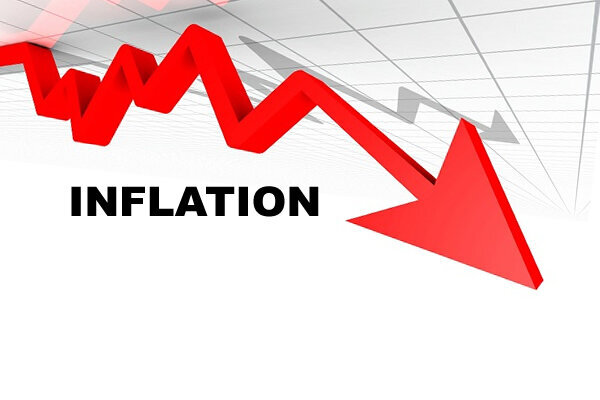The International Monetary Fund has upgraded Nigeria’s economic growth forecast to 3.9 per cent, signalling renewed optimism for Africa’s largest economy following a turbulent period of reform and inflation.
The latest projection, released during the IMF–World Bank Annual Meetings in Washington, D.C., marks an improvement on the Fund’s earlier forecast of 3.0 per cent. It follows a series of upward revisions over the past year, including an October 2024 estimate of 3.3 per cent, as the global lender credited Nigeria’s non-oil sector expansion, foreign exchange reforms, and tax revenue improvements under President Bola Tinubu.
The IMF now expects Nigeria’s growth to rise further to 4.2 per cent by 2026, suggesting that the government’s structural reforms may be beginning to deliver results after a difficult adjustment period.
Inflation Eases After Reform Shock
In a further boost to confidence, the Central Bank of Nigeria (CBN) reported that the country’s headline inflation rate dropped to 18 per cent in September, its lowest level in three years. The last time inflation fell to that range was in June 2022, before the government’s removal of fuel subsidies and unification of exchange rates sent prices spiralling.
Read Also:
Tinubu writes NASS for $21.5b foreign loan, N757.9b pension bond approval
UK to back de-escalation as India-Pakistan exchange fire
Nigeria’s foreign reserves hit 3-yr high, surpass $40bn
Tinubu, who took office in May 2023, launched a sweeping package of market-oriented reforms to stabilise public finances and attract foreign investment. While economists argue the measures were necessary to curb decades of fiscal imbalance, the short-term impact was painful. Inflation surged above 30 per cent in 2024, the highest in nearly twenty years, as food and transport costs soared across the country.
Analysts now say that falling inflation — coupled with a stronger currency and easing fuel costs, could create the right conditions for sustained recovery. “Nigeria’s reforms were long overdue, and we’re beginning to see the first signs of stabilisation,” said an Abuja-based economist.
Calls for Local Industry Growth
As Nigeria’s economy shows early signs of recovery, business leaders are urging citizens to strengthen domestic industries. Billionaire industrialist Aliko Dangote, chairman of the Dangote Group, has called on Nigerians to buy locally made goods as a way to boost jobs and support homegrown enterprises.
Speaking during a media tour of the Dangote Petroleum Refinery, Dangote emphasised that “Nigerians have a collective duty to grow the economy by patronising products made in Nigeria.” His remarks were echoed by the federal government, which announced a forthcoming “Nigeria First” campaign to promote locally manufactured goods and reduce import dependency.
Representing President Tinubu at the Adeola Odutola Lecture organised by the Manufacturers Association of Nigeria (MAN), John Enoh, Minister of State for Industry, Trade and Investment, said the initiative would focus on products that “meet global quality standards” while fostering national pride in local production.
Infrastructure and Energy Reforms
Efforts to modernise infrastructure and improve access to electricity are also under way. The Nigerian Electricity Regulatory Commission (NERC) has approved ₦28 billion (£17 million) for power distribution companies to procure and install new meters under the Meter Acquisition Fund’s second tranche, known as MAF Tranche B. The move aims to reduce billing disputes and improve transparency for consumers.
At the same time, fuel prices have continued to climb. On October 13, retail prices rose to ₦992 per litre in Lagos and ₦955 in Abuja, according to local reports — increases of ₦127 and ₦65 respectively — as the government continues to phase out fuel subsidies and align prices with market realities.
After years of currency crises, subsidy burdens, and economic stagnation, Nigeria appears to be entering a fragile but hopeful new phase. The IMF’s latest upgrade suggests that international confidence is returning, though challenges remain: unemployment is high, household incomes remain under pressure, and investor sentiment is still cautious.
Still, with inflation falling and reforms taking hold, analysts say the fundamentals are shifting in Nigeria’s favour. The question now is whether President Tinubu’s gamble on painful but necessary change will deliver the sustainable growth his predecessors could not.



